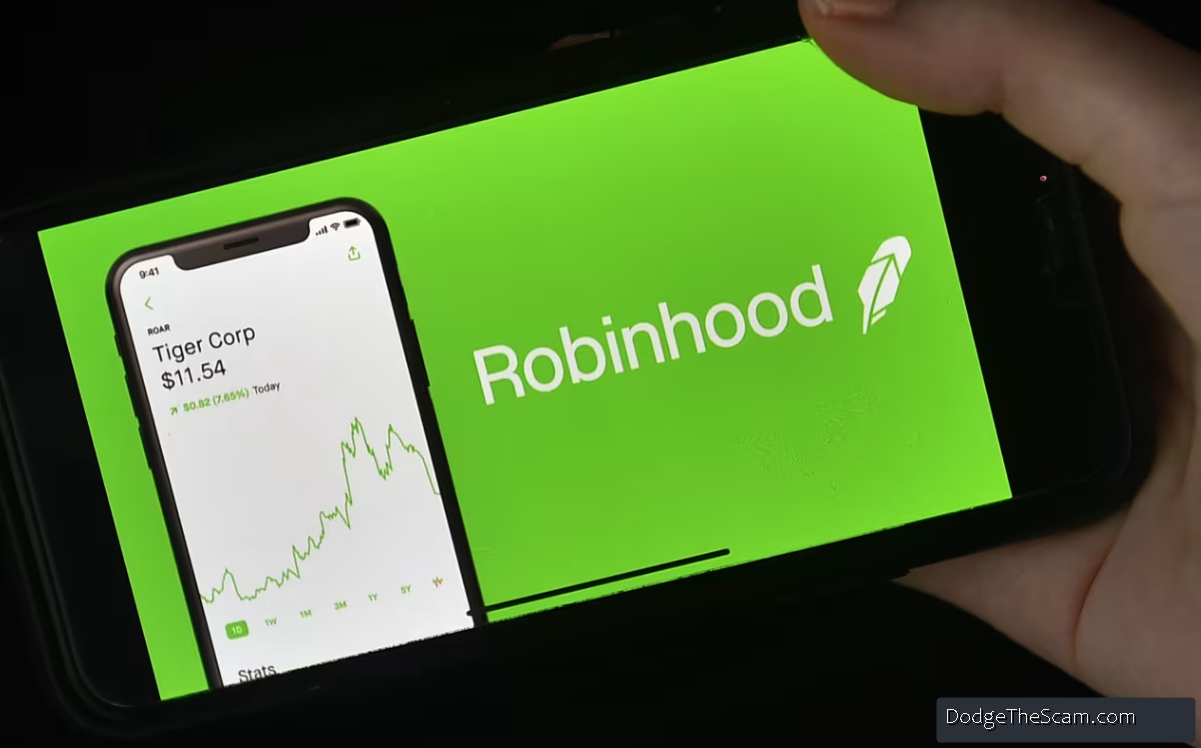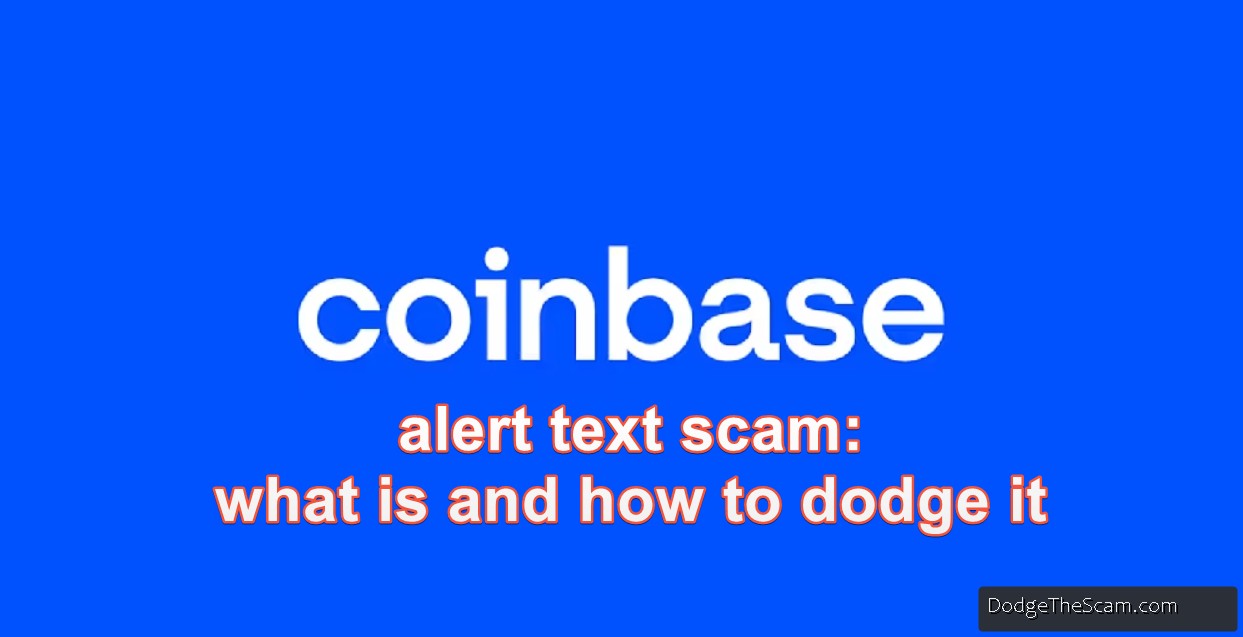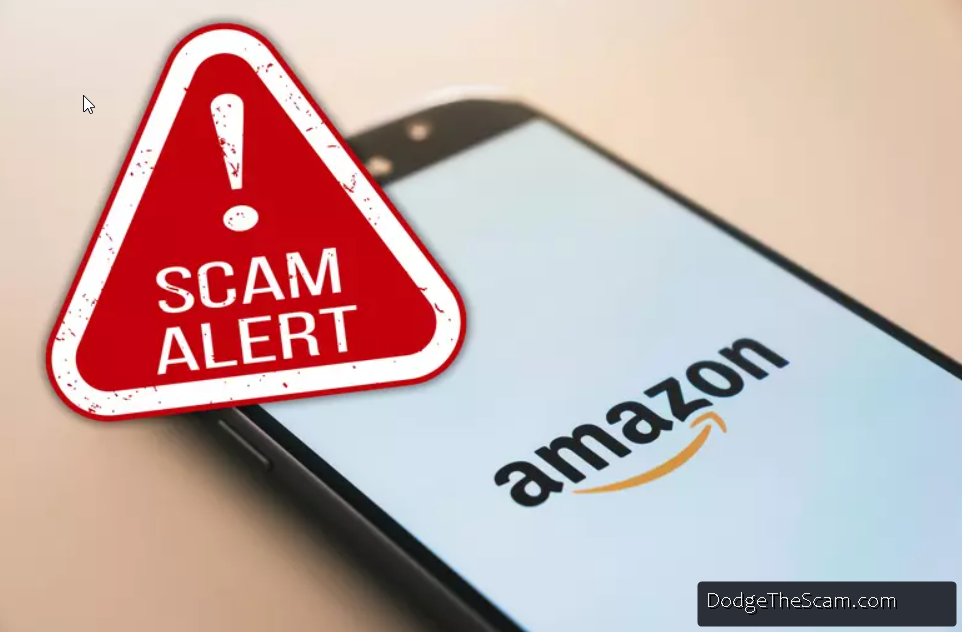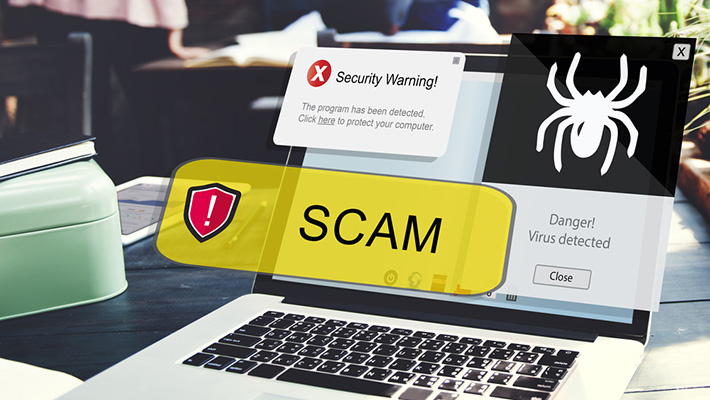Fake “Robinhood Urgent Risk Warning” Text Scam Spreading Fast: How To Dodge It?
A new scam text is making the rounds, posing as an urgent message from Robinhood, the popular investing app. It warns users that their account has “experienced an unknown anomaly” and is “at risk of theft.”
The message, which looks official, urges recipients to click a verification link, but cybersecurity experts say it is a phishing attempt created to steal login details and financial data.
The Fake Message Everyone’s Receiving
The fraudulent text looks convincing at first glance. It reads:
[Robinhood] Urgent Risk Warning:
Your account has experienced an unknown anomaly and is at risk of theft. Please log in to your account via the link below within 24 hours to verify your account. Otherwise, your account will be frozen.Immediate Action: https://www-robinhood.juann1.com/Verify
(If the link isn’t clickable, reply Y and reopen this message to click the link, or copy it into your browser.)
That link, juann1.com, is the trap. It is not connected to Robinhood in any way.
If you are unsure how to identify such fake web addresses, our guide on how to check if a website is legit explains what to look for in the domain, SSL certificate, and site structure before you click anything. A similar red flag pattern appears in the ccspayment.com scam, where fraudsters use convincing payment portals to steal sensitive information from unsuspecting users.
Victims Report Receiving It Nationwide
Social media is full of people posting screenshots of the same text. Some say they have never even used Robinhood but still got the alert. That is a clear sign of a mass-text phishing attack, also called smishing.
One Instagram user wrote, “I don’t even know what Robinhood is, but I got that message this morning.”
Another added, “Just got this text, unbelievable.”
These scams are part of a growing wave of web-based fraud, which we explored in detail in our recent report on the biggest online scams of 2025. From fake investment platforms to toll payment hoaxes and even your facebook account, attackers continue to evolve their techniques to appear legitimate. Even some online earning platforms are not what they want you to believe they are: check out our in-depth Freecash scam review to see how to evaluate such offers safely.
How the Scam Tricks You
The criminals behind these messages count on panic and urgency to make victims act fast. They threaten to freeze your account within 24 hours if you do not “verify” immediately. Once you click the link, you are sent to a spoofed login page that looks identical to Robinhood’s real site.
Entering your credentials there allows scammers to capture your username, password, and even two-factor authentication codes.
Messaging app frauds like the WhatsApp Gold scam also rely on fear and curiosity to make users click unsafe links or download malware. Similar tactics appear on malicious sites that trigger fake virus alerts or adult-content pop-ups, for instance, the Fuq.coldfootage.com virus scam, which tricks users into believing their device is infected to make users click malicious links.
If you want to understand exactly how this method works and what signs to spot next time, read our complete guide on phishing attacks and how they operate.
How to Stay Safe
While this scam is new, the defense remains simple and effective:
- Do not click suspicious links. Delete the message immediately.
- Verify the sender. Real Robinhood emails only come from
@robinhood.com. - Access your account directly. Open the app or type “robinhood.com” manually.
- Turn on two-factor authentication. This prevents unauthorized logins even if your password leaks.
- Report the message. Forward the text to 7726 (SPAM) or file a complaint at reportfraud.ftc.gov.
For more proactive advice on staying one step ahead of scammers, check out our list of tips to avoid online scams.
The Bottom Line
The fake Robinhood “urgent risk” alert is one of the most convincing smishing scams seen this year. It looks professional, uses fear to push action, and copies the tone of real security alerts.
Every detail, from the suspicious web address to the pressure to “act now,” reveals its true goal: to steal your information. Whether you use Robinhood or not, stay alert, think before you click, and share this warning with others.
Your caution today can protect your money tomorrow.





One thought on “Fake “Robinhood Urgent Risk Warning” Text Scam Spreading Fast: How To Dodge It?”